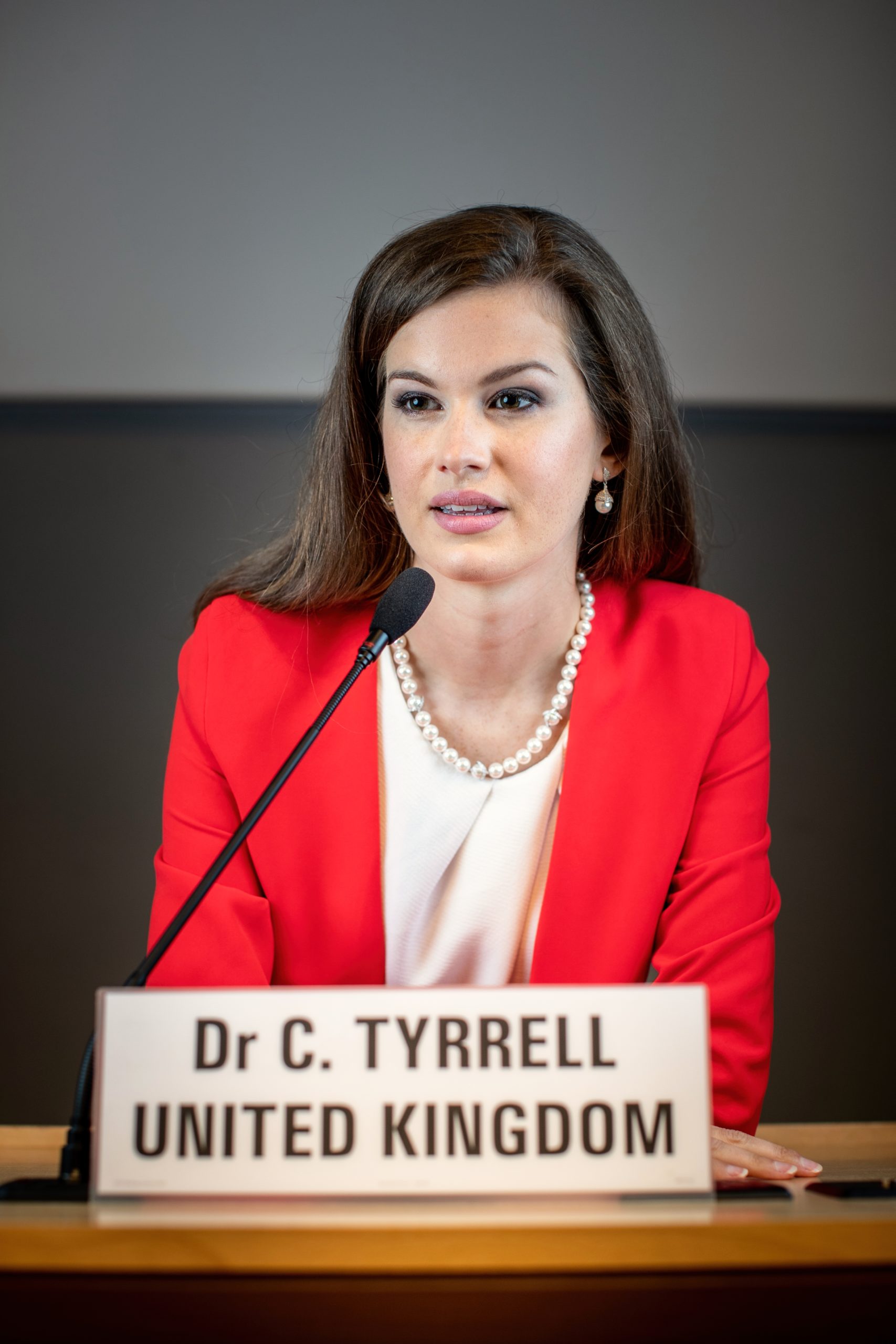
What are some of the challenges in healthcare innovation that need to be addressed?
The healthcare sector presents a unique set of challenges for innovation. These include a requirement for prolonged validation trials, complex regulation, ethical considerations, and a highly trained workforce to tackle the issues we face.
The challenge is in aligning incentives so that healthcare stakeholders can effectively work together. Research institutes and healthcare providers deliver an important test bed to demonstrate effectiveness, while commercial companies bring market and supply chain considerations together. Collaboration enables us to harness these different skill sets.
The pandemic has fostered some exciting technology and academic collaborations. With colleagues at CJBS, we published data on predicting the progression of the COVID-19 pandemic and on the management of intensive care admissions during the COVID-19 pandemic (in press), where we highlight the importance of a multidisciplinary approach combining clinicians, ethicists, policy makers, and researchers.
What have you been working on during the COVID-19 pandemic?
I have been working in research for a number of years, from laboratory based identification of viral therapeutic targets, to emerging respiratory virus outbreak response at the World Health Organization.
Following the COVID-19 outbreak, the race for a vaccine and therapeutics began, and within three months there were over 700 trials being conducted around the world! I published a review of COVID-19 vaccine and therapeutic trials with Oxford University, where we predict how reliable the trials are in order to ensure a vaccine is suitable for everyone. Ultimately, to eliminate duplication between trials and to direct funding.
While vaccine trials are taking place, preventing the spread of infection has been critical. I have been investigating ways to detect pre-symptomatic infection with SARS-CoV-2 with Cambridge University. With the Huma smartphone app, we are conducting a study where we measure heart and respiration rate, oxygen levels, and temperature in a population remotely. I’m also leading a validation study allowing people to take a blood sample at home without the need of a clinician in order to detect COVID-19 antibodies with Drawbridge Health.
How do you see the future of healthcare innovation, following the pandemic?
The pandemic has accelerated the use of technology and digitalisation in healthcare delivery. Specifically, across virtual consultations, remote monitoring, data aggregation, and enhanced prediction modelling.
Data will revolutionise the way we think about healthcare. With better data collection tools, interoperable platforms, and analytic power, we can improve the health of populations and individuals. Some of the benefits include improved communicable disease surveillance and personalised medicine.
Having worked with international organisations on data sharing platforms, there is more to be done, particularly regarding cross border interoperability, and data protection. An important step will be patients controlling their own healthcare data.
Encouraging innovation is paramount. Sir Greg Winter, a Cambridge-based Nobel prize winner, has demonstrated how innovation can be fostered in educational settings, through his research work and subsequent successful spin-out companies, creating an exciting trend for the future of healthcare.
Latest news
Dr Carina Tyrrell was featured in The Telegraph last month – the article discussed her work during the COVID-19 pandemic – emerging vaccine trials and how technology is revolutionising healthcare.
Carina is a University of Cambridge public health doctor, academic research fellow, and is supported by CJBS Entrepreneurship Centre’s Accelerate Cambridge programme with her venture Powdies. Carina also participated in two of the Centre’s Venture Creation Weekends.




Leave a Reply